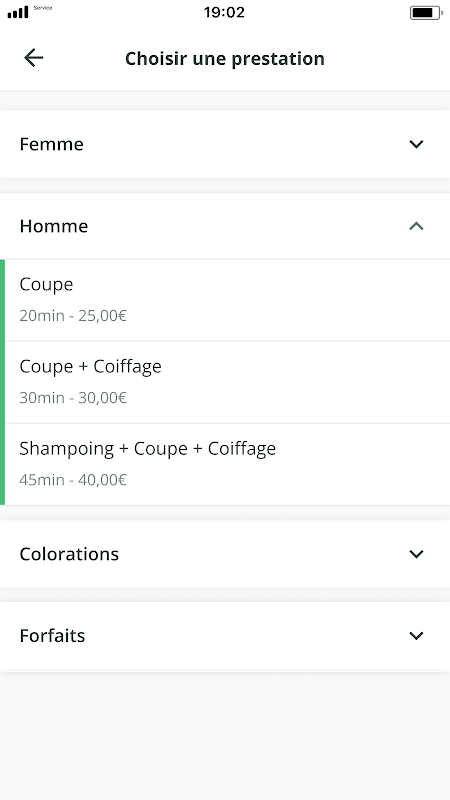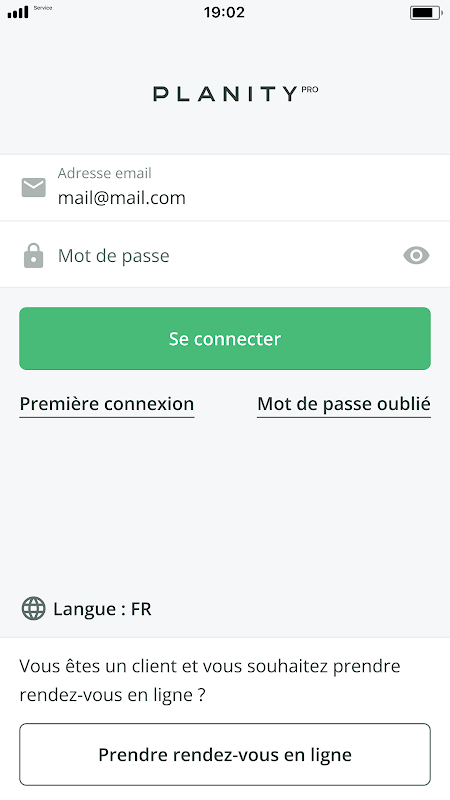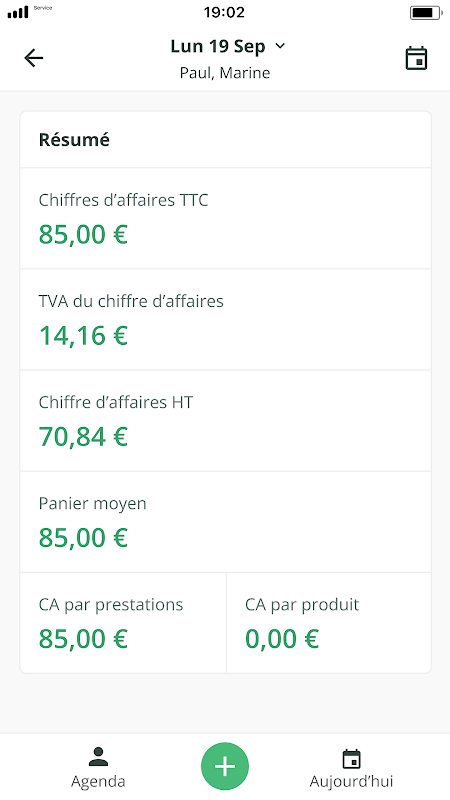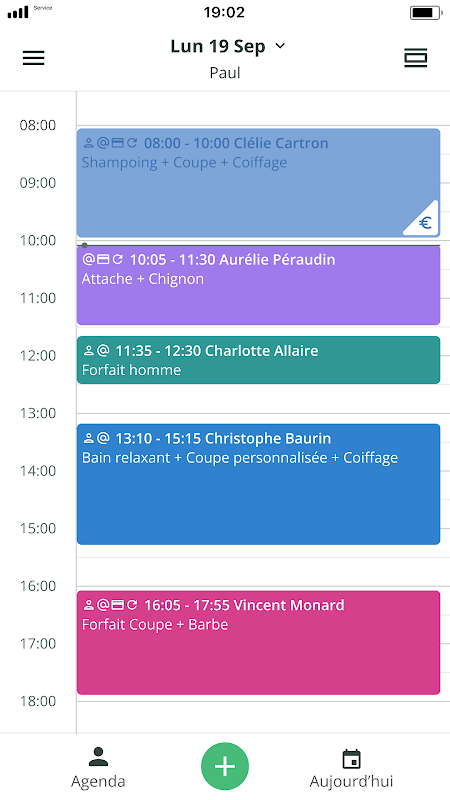The application is designed for managers and employees of hairdressers and clients Planity beauty salons. It does not allow the public to make an appointment with these salons and institutes.
The core gameplay of ProPlanity likely revolves around various challenges and puzzles that incorporate swear words. These could include word searches, crossword puzzles, matching games, or even fill-in-the-blank exercises, all centered around profanity. The game might introduce players to a wide range of swear words, from common expletives to more obscure and archaic curses. It could also explore the etymology and cultural context of these words, providing insights into their origins and evolution.
One potential benefit of ProPlanity is its ability to desensitize players to profanity. By repeatedly encountering swear words in a game setting, players may become less shocked or offended by them in real-life situations. This could be particularly helpful for individuals who are easily triggered by profanity or who work in environments where such language is prevalent.
Furthermore, ProPlanity could serve as a tool for understanding the nuances of profane language. Swear words often carry different connotations and levels of intensity depending on the context in which they are used. The game could help players differentiate between playful banter, angry outbursts, and genuinely hurtful insults, promoting a more nuanced understanding of profanity.
However, the use of profanity in a game setting raises several ethical considerations. The target audience for ProPlanity would likely be adults, as exposing children to such language could be deemed inappropriate. Even among adults, there may be differing opinions on the acceptability of a game centered around profanity. Some may find it offensive or distasteful, while others may view it as a harmless form of entertainment.
Another potential concern is the risk of normalizing or even glorifying the use of profanity. While the game might aim to educate players about swear words, it could inadvertently encourage their overuse in everyday communication. This could lead to a decline in civility and respect in social interactions.
Despite these potential drawbacks, ProPlanity could offer a unique and engaging way to explore the complexities of language. By presenting profanity in a structured and educational context, the game could challenge players to think critically about the power and impact of words. It could also provide a safe space for exploring taboo topics and expanding vocabulary beyond the confines of polite conversation.
The success of ProPlanity would likely depend on its ability to strike a balance between entertainment and education. If the game focuses solely on shock value and gratuitous use of profanity, it risks alienating a significant portion of its potential audience. However, if it manages to incorporate educational elements and promote a thoughtful approach to language, it could offer a valuable learning experience for those willing to engage with its unconventional subject matter.
Ultimately, ProPlanity represents a bold experiment in the intersection of language, gaming, and cultural norms. Its success will depend on its ability to navigate the complex ethical considerations surrounding profanity while providing a compelling and enriching experience for players. Whether it achieves this delicate balance remains to be seen, but the very existence of such a game sparks a conversation about the role of language in our lives and the boundaries of acceptable discourse.
The application is designed for managers and employees of hairdressers and clients Planity beauty salons. It does not allow the public to make an appointment with these salons and institutes.
The core gameplay of ProPlanity likely revolves around various challenges and puzzles that incorporate swear words. These could include word searches, crossword puzzles, matching games, or even fill-in-the-blank exercises, all centered around profanity. The game might introduce players to a wide range of swear words, from common expletives to more obscure and archaic curses. It could also explore the etymology and cultural context of these words, providing insights into their origins and evolution.
One potential benefit of ProPlanity is its ability to desensitize players to profanity. By repeatedly encountering swear words in a game setting, players may become less shocked or offended by them in real-life situations. This could be particularly helpful for individuals who are easily triggered by profanity or who work in environments where such language is prevalent.
Furthermore, ProPlanity could serve as a tool for understanding the nuances of profane language. Swear words often carry different connotations and levels of intensity depending on the context in which they are used. The game could help players differentiate between playful banter, angry outbursts, and genuinely hurtful insults, promoting a more nuanced understanding of profanity.
However, the use of profanity in a game setting raises several ethical considerations. The target audience for ProPlanity would likely be adults, as exposing children to such language could be deemed inappropriate. Even among adults, there may be differing opinions on the acceptability of a game centered around profanity. Some may find it offensive or distasteful, while others may view it as a harmless form of entertainment.
Another potential concern is the risk of normalizing or even glorifying the use of profanity. While the game might aim to educate players about swear words, it could inadvertently encourage their overuse in everyday communication. This could lead to a decline in civility and respect in social interactions.
Despite these potential drawbacks, ProPlanity could offer a unique and engaging way to explore the complexities of language. By presenting profanity in a structured and educational context, the game could challenge players to think critically about the power and impact of words. It could also provide a safe space for exploring taboo topics and expanding vocabulary beyond the confines of polite conversation.
The success of ProPlanity would likely depend on its ability to strike a balance between entertainment and education. If the game focuses solely on shock value and gratuitous use of profanity, it risks alienating a significant portion of its potential audience. However, if it manages to incorporate educational elements and promote a thoughtful approach to language, it could offer a valuable learning experience for those willing to engage with its unconventional subject matter.
Ultimately, ProPlanity represents a bold experiment in the intersection of language, gaming, and cultural norms. Its success will depend on its ability to navigate the complex ethical considerations surrounding profanity while providing a compelling and enriching experience for players. Whether it achieves this delicate balance remains to be seen, but the very existence of such a game sparks a conversation about the role of language in our lives and the boundaries of acceptable discourse.












